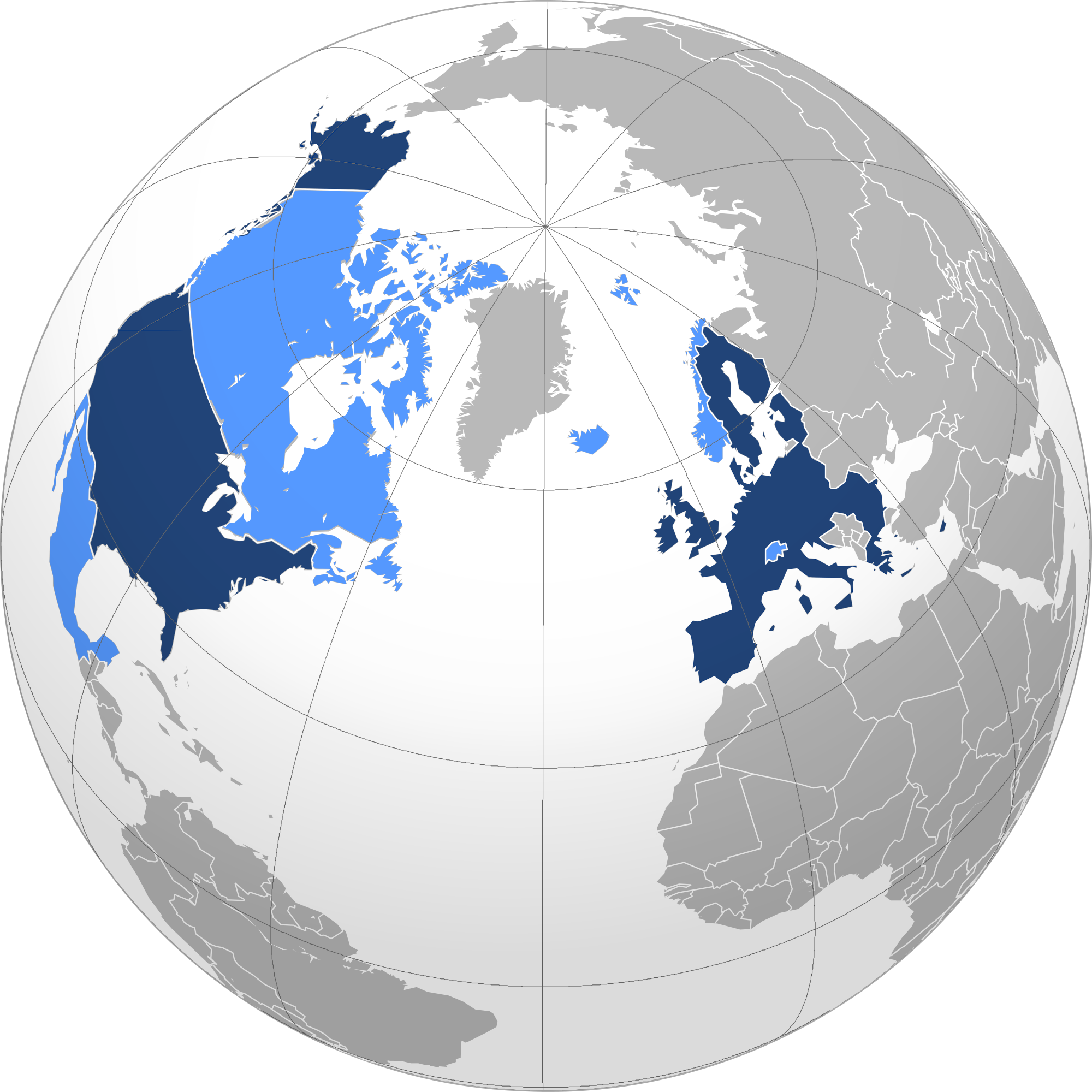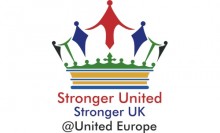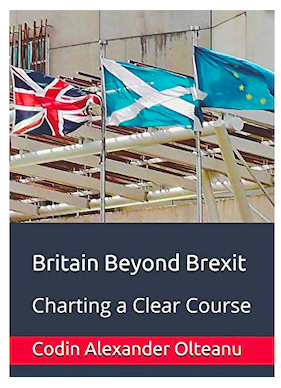As US President Barack Obama said recently, the special relationship between his country and the UK is founded in great measure on the special role the UK plays within the EU, NATO, the UN, and other regional and global institutions. Leaving the EU would damage both the UK’s standing around the word, but also its historic partnership with its North American cousins across the Atlantic Ocean. Once the Trans-Atlantic Free Trade Agreements between the EU, USA, and Canada are signed, we must move from a state-centered, military security focused NATO 1.0 to a democratically centered, human security focused NATO 2.0 that together with NAFTA and the EU, could well constitute the critical core of a legitimate, accountable, and effective global system of multi-level governance.
In the 21st Century it is the citizens of the emerging global civil society that must be empowered and not to the various so-called “national” authoritarian governments that will continue to repress, terrorise, and rob their own citizens of some of the most basic necessities of life and opportunities for a better future. The United Nations is historically an institution of state empowerment - not citizen empowerment. Its fundamental goal is the protection of the sovereignty of each member state and the respect of the principle of non-interference in the internal matters of states - as long as they do not pose an immediate and grave danger to their neighbours.
Such an approach is no longer acceptable or justifiable in our era. As the failure of the Doha round of negotiations of the World Trade Organisation has shown over the past decades, such a global level of governance cannot be built from the top down; it can only emerge from the bottom up as a manifestation of the will of citizens across the world to take part in global structures of governance.
The evolution of the EEC/EU from six member states in 1957 to 28 some six decades later by means of voluntary applications and adherence of additional states to the Community is a possible example worth emulating. To follow the EU’s fundamental ‘attraction’ principle is to establish a nucleus of like minded-states capable of providing together their citizens what they could not do alone: the necessary security, safety, cohesiveness, and opportunities to accomplish their own life objectives in a peaceful, prosperous, participative environment. As this nucleus becomes established and prosperous and develops into a “critical mass of attraction”, pressure will build on neighboring states from within their own grassroots movements to join such a successful organization in their own region. Slowly but surely, a regional level of governance would emerge and within it, a modern system of multi-level governance.
So how do we kick-start the process of building a non-state, flexible, legitimate and effective global level of governance?

NATO - the transatlantic alliance binding together the peoples of Europe and North America - has been for the past seven decades the most successful military organisation the world has ever seen - just like the European Union has expanded to include most European states as well as a number of former Cold War adversaries. In fact the two have worked in a mutually complementary and reinforcing manner, each providing the other either the security or the prosperity foundation its partner needed in order to succeed. If today’s NATO 1.0 can transform itself from a primarily military organization with political decision-making structures into a primarily political organisation with an efficient and respected human security component, then such a NATO 2.0 could emerge as the legitimate, effective, and accountable institution that may well become the global level of governance we have been seeking to create for so long. This level of governance would not be imposed by force on other members of the global community, but given the dynamism, democracy, and desire to improve the lives of all its citizens within its “safe space” it would become a powerful magnet that would attract citizens and organisations from other countries and regions wishing to join so as to benefit from its safe, secure, and supportive environment as well as to have a voice and a vote in its decision-making and governance processes.
Initiating the process of transforming the existing NATO 1.0 into the NATO 2.0 briefly outlined above would truly mark the beginning of the process of creation of a genuinely legitimate, effective, open and accountable global level of governance. In doing so we must be constantly aware of NATO's fundamental realities and potential:
-
NATO's historical relevance;
-
NATO’s mission questioned since the end of the Cold War;
-
NATO remains only effective and respected international military institution;
-
NATO’s interface between political and military and civil society must be recast;
-
NATO must be deepened, and widened, democratised: NATO 2.0
-
NATO 2.0 as the foundation of a new level of global governance.

